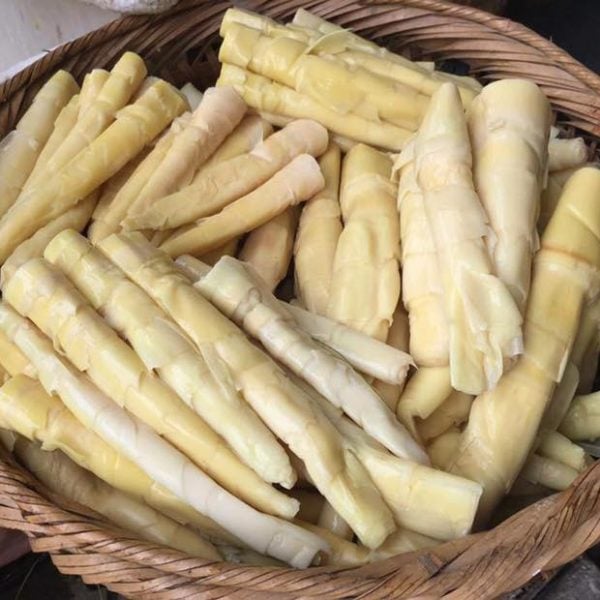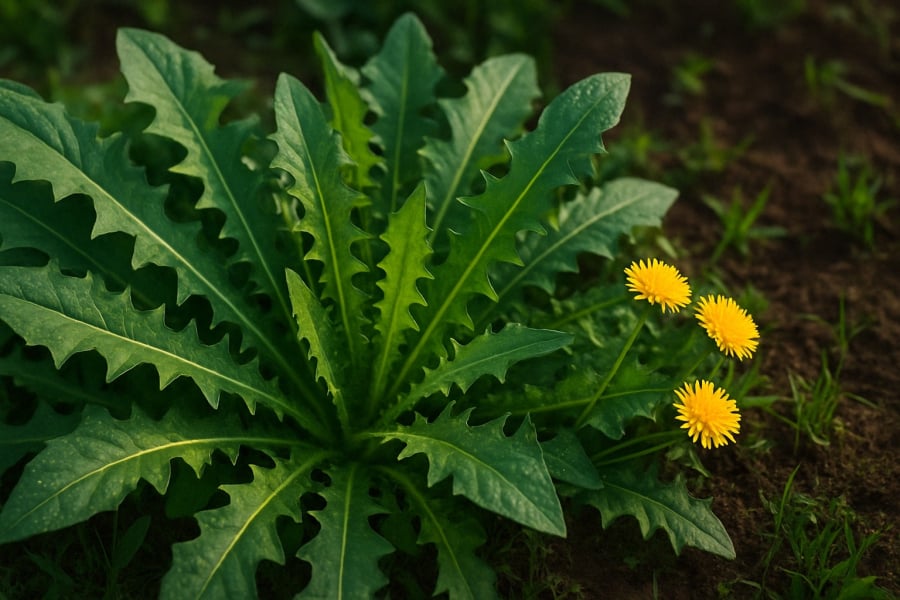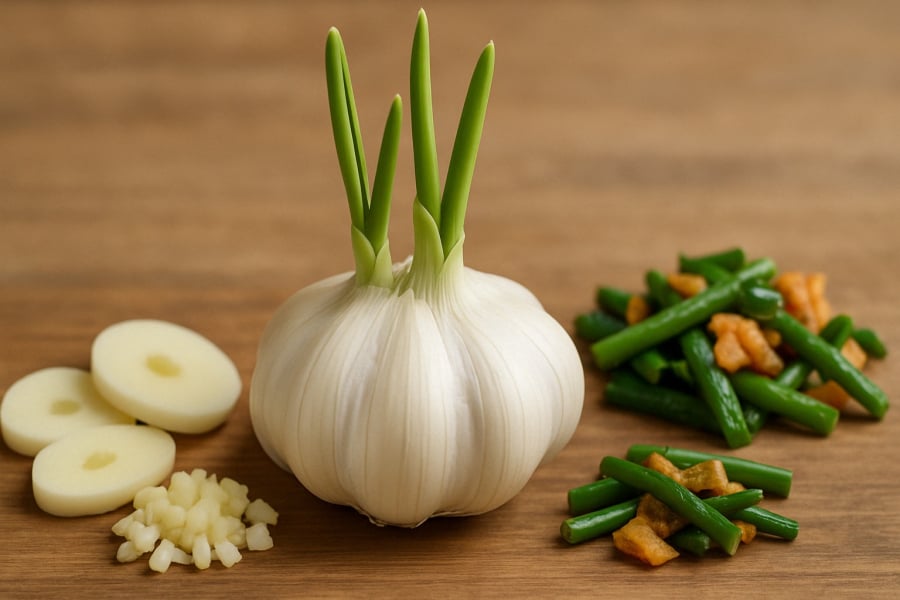Vegetables and greens are an integral part of the daily diet of Vietnamese people. However, in an era of rampant food safety issues, finding vegetables that are not only delicious and nutritious but also free from pesticides has become a challenge for many homemakers. Fret not! Today, I’ll share with you a list of 6 familiar vegetables that are not only nutrient-dense but also naturally free from pesticides – they are the affordable “green ginseng” abundantly available in Vietnamese markets.
Bamboo Shoots – A Specially Crisp and Tender Treat
Bamboo shoots offer a sweet and refreshing taste, a delightful crunch, and are packed with dietary fiber. What sets bamboo shoots apart is that they grow underground, naturally protected from pests and thus, free from the need for any pesticides or fertilizers. According to PGS.TS Nguyen Duy Thinh from the Institute of Biotechnology and Food Technology, Hanoi University of Science and Technology, bamboo shoots have a short growth cycle of just 15-30 days, which makes them less susceptible to pest attacks. Additionally, their thick outer layer acts as a natural barrier against insects.
If you’re looking for a weight loss-friendly food, bamboo shoots fit the bill perfectly. The fiber content keeps you feeling fuller for longer and aids in flushing out excess fat, all while providing a healthy energy boost.

Amaranth – Abundant in Calcium and Iron
Come April, amaranth or red spinach starts making an appearance in the markets, boasting a high water content and a tender texture. The increased humidity and gentle sunlight during this time create favorable conditions for the growth of amaranth, making it naturally resistant to pests.
According to nutrition expert Le Thi Hai, formerly the Director of the Nutrition Consulting and Examination Center at the National Institute of Nutrition, amaranth is a rich source of calcium and iron – two essential minerals for strong bones and improved blood circulation. She especially recommends amaranth for pregnant women and individuals suffering from anemia to boost their health.
Dandelion – A Bitter Spring Treat for Better Sleep
Dandelion is a spring vegetable with a mildly bitter taste, yet it boasts an impressive nutritional profile. The bitter taste comes from lactucin, a natural compound that insects find unpalatable, thus eliminating the need for pesticides.
According to Doctor Hoang Khanh Toan from the Central Military Hospital 108, dandelion is not just a cooling food but also helps eliminate excess body moisture and improves sleep quality. If you struggle with insomnia during spring, try incorporating stir-fried dandelion with garlic into your dinner routine.

Sword Bean – A Wonderful Source of Nutrition
From April to early May, sword beans are in season. These beans have a robust growth pattern and do not require any pesticides or chemical fertilizers. Their thick pods protect the seeds inside from insect infestation.
Sword beans are a treasure trove of protein, iron, folic acid, and other essential nutrients. Research has shown that regular consumption of sword beans boosts immunity and prevents anemia, making them especially beneficial for postpartum women and the elderly.
Garlic Sprouts – Pungent and Naturally Antibacterial
April is the prime time to enjoy garlic sprouts at their tender best. Packed with allicin, a compound known for its potent antibacterial properties, garlic sprouts naturally ward off insects and offer a host of health benefits.
Medical expert Pham Thi Minh Hong from Hanoi University of Medicine emphasizes, “Garlic sprouts are effective in killing bacteria and fighting viruses. Regular consumption can help prevent infectious diseases like the flu and sore throat.” Try garlic sprouts in a salad or stir-fried with beef for a unique flavor experience.

Malabar Spinach – A Digestive System Superfood
Malabar spinach is a common leafy green that is easy to grow and rarely requires any pesticides. It is exceptionally rich in calcium, which strengthens bones and prevents osteoporosis. Additionally, Malabar spinach is renowned for its ability to promote digestive health and relieve constipation.
Dr. Truong Hong Son from the Institute of Applied Medicine recommends including Malabar spinach in your diet at least 1-2 times a week to improve gut health. He also suggests that this green vegetable is ideal for maintaining supple skin due to its natural moisturizing properties.
Conclusion
Remember, good health starts with simple, nutritious meals. Wishing you and your family robust health and happiness with these helpful tips!
































